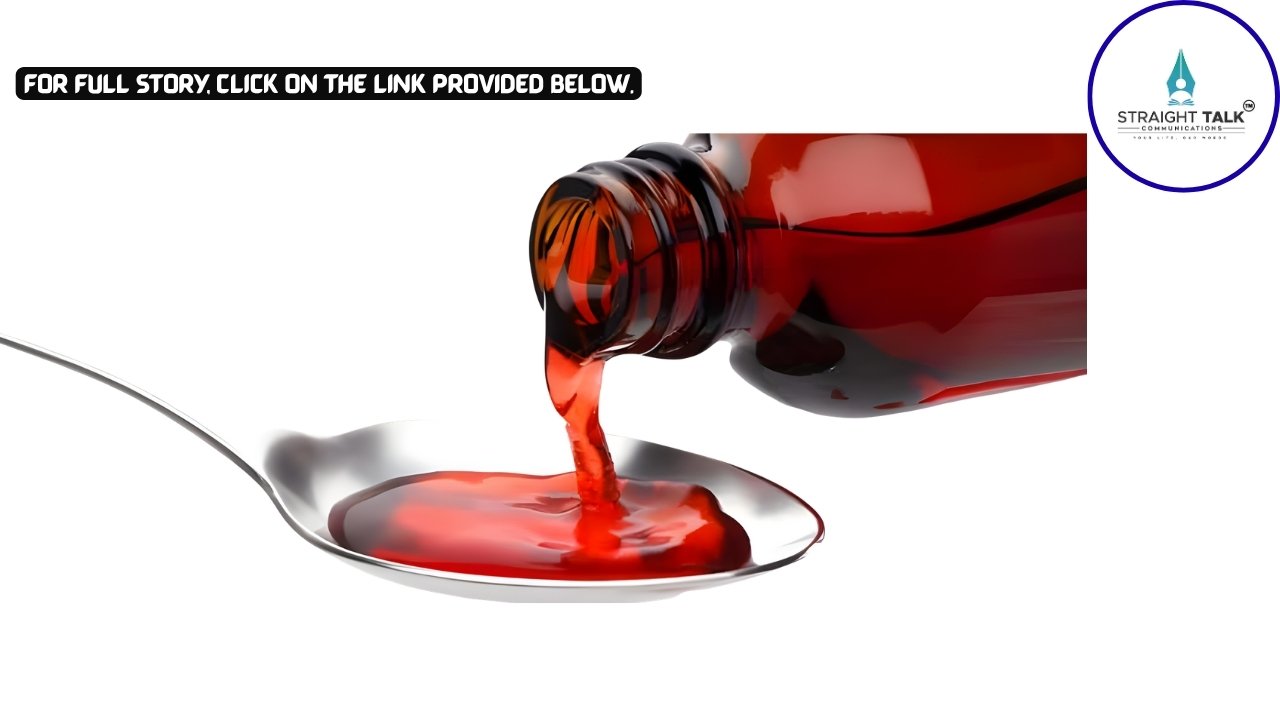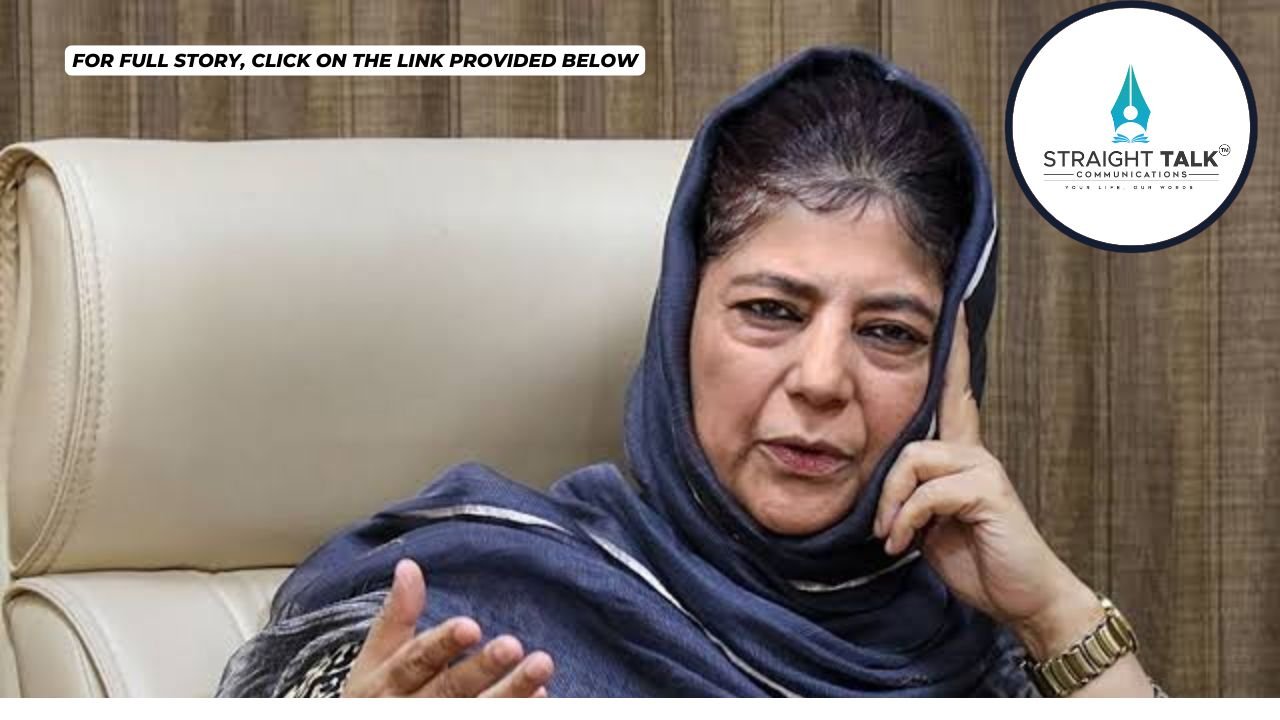Cough Syrup Controversy: Doctor arrested following death of 11 children after consuming contaminated cough syrup

Union Health Ministry issues advisory on the rational use of cough syrups in the paediatric population, cautioning against their use in children under two years of age.
STC NEWS MONITORING DESK
BHOPAL, OCTOBER 05 (STC): A doctor in Chhindwara in Madhya Pradesh has been arrested following the deaths of 11 children who reportedly consumed contaminated cough syrup.
The doctor, identified as Praveen Soni, is said to have prescribed the Coldrif syrup to the children, most of whom were treated at his clinic in Parasia.
Reports reveal that police have also booked the manufacturers of the pharmaceutical company based in Tamil Nadu over the alleged contamination.
Repirts state that the Madhya Pradesh police early on Sunday registered an FIR in Parasia police station of Chhindwara district against Sresan Pharmaceuticals, a Tamil Nadu-based drug manufacturer and a local paediatrician after 11 children died of acute kidney failure allegedly caused by consumption of Coldrif cough syrup adulterated with a toxic industrial chemical.
The FIR was registered at 2.05 am on Sunday.
The FIR was lodged under Sections 105 and 276 of the Bharatiya Nyaya Sanhita (BNS) and Section 27(a) of the Drugs and Cosmetics Act, 1940, following a complaint filed by Dr Ankit Sahlam, Block Medical Officer (BMO) at the Community Health Centre, Parasia.
The complaint stated that several children below five years of age died after being administered the cough syrup, which was later found to contain diethylene glycol (DEG) — a poisonous chemical used in antifreeze and brake fluids.
According to the FIR, the Director of Drugs Control, Tamil Nadu, in its laboratory report dated October 2, 2025, confirmed that Coldrif Syrup (Batch No. SR-13, Mfg. May 2025, Exp. Apr 2027), manufactured by Sresan Pharmaceuticals, Kanchipuram, contained 48.6% diethylene glycol, while a separate test by the govt Drug Testing Laboratory, Bhopal, found 46.28% of the same toxic compound.
Both reports declared the samples “adulterated and injurious to health.”
As per the repirts, quoting complainant, within days of consuming the cough syrup, the children developed reduced urine output and elevated creatinine and urea levels, symptoms consistent with acute kidney injury.
Ten of them later died during treatment at Nagpur’s Government Medical College and Hospital, report said.
A Times of India (TOI) report quoting a laboratory test report of Coldrif — the cough medicine taken by some of the victims — revealed it contained a poisonous industrial chemical, prompting the state to ban its sale.
Notably, MP chief minister Mohan Yadav, in an X post, said, “Death of children in Chhindwara caused by Coldrif syrup is extremely painful.” Late Saturday evening, he announced a compensation of Rs 4 lakh for the families of each of the deceased children. The state government would also bear the cost of treatment for the children still under care, Yadav said.
The deaths in Chhindwara have taken place over a period of one month. All the children were aged below five years, and renal failure was reportedly caused after taking cough syrups, including Coldrif, prescribed by local doctors at private clinics.
Reports said five children are recuperating at Government Medical College & Hospital in Nagpur.
Meanwhile, the Union Health Ministry has issued an advisory to all States and Union Territories on the rational use of cough syrups in the paediatric population, cautioning against their use in children under two years of age.
According to the advisory, “Most acute cough-related illnesses in children are self-limiting and tend to resolve without medication. It emphasizes that cough and cold syrups should not be prescribed or dispensed to children below two years. For children under five years, their use is generally not recommended, and for older children, administration should be based only on clinical evaluation under strict medical supervision.”
The Health Ministry has stressed that, where required, cough syrups should be prescribed in the lowest effective dose and for the shortest duration possible, while avoiding multiple drug combinations.
(Inputs from TOI / Straight Talk Communications)







